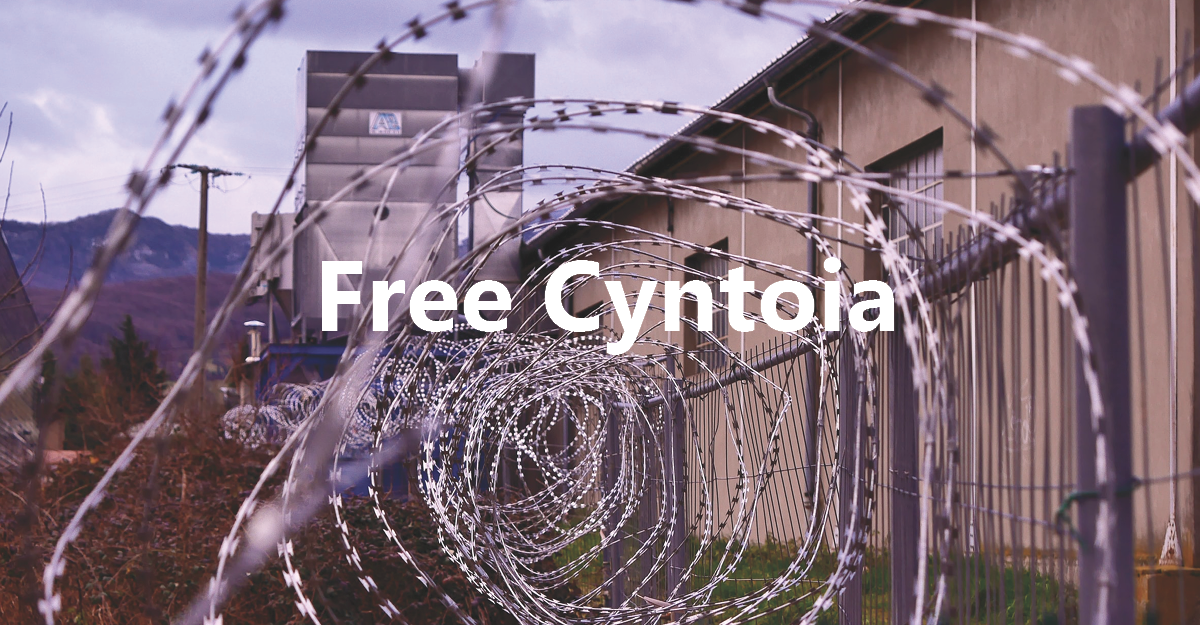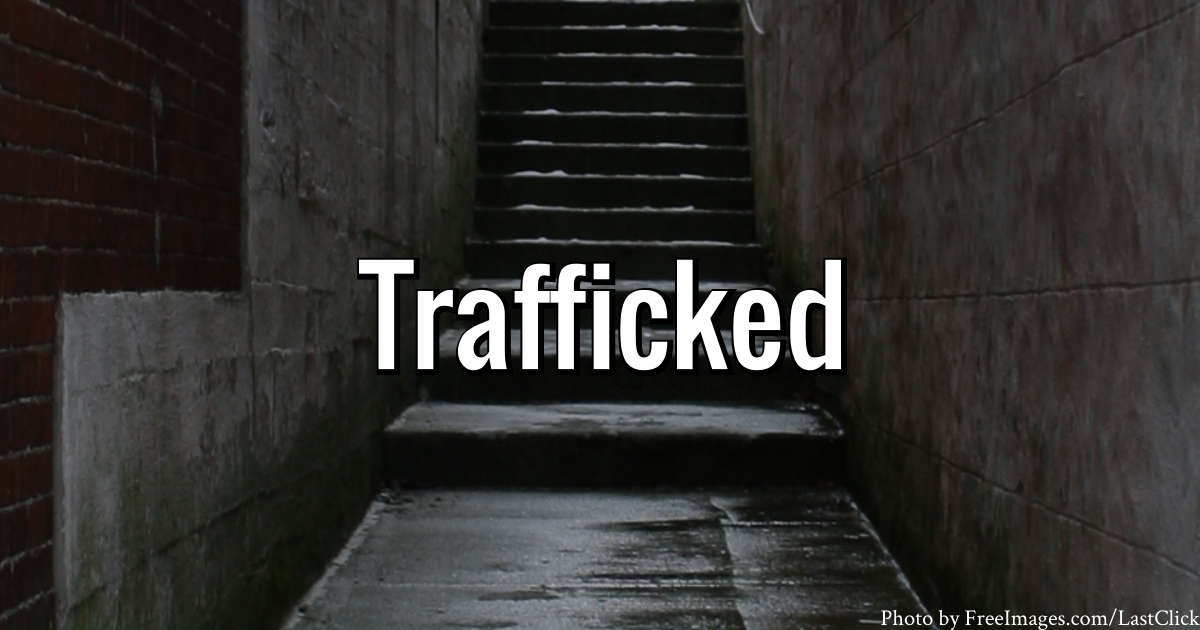I am a participant in the Amazon Services LLC Associates Program, an affiliate advertising program designed to provide a means for me to earn fees by linking to Amazon.com and affiliated sites.
After watching a documentary about Cyntoia Brown, I looked up her memoir, Free Cyntoia. After an extensive trial, the jury convicted Cyntoia for the murder and robbery of Johnny Michael Allen. During her trial, prosecutors painted her as a hardened criminal. This directly led to her lifetime sentence. She would not be eligible for parole until she was nearly seventy years old!

For the first few years in prison, Cyntoia was extremely angry about her situation. A Christian university offered her a chance to complete a college degree from prison. During her college years, she became a Christian and settled into a routine in prison.
When Cyntoia’s picture and criminal case went viral online, she saw that the public viewed her in a different light. In these social media posts, Cyntoia was painted as a trafficking victim who killed an older man who paid her for sex. Cyntoia and her legal team realized she might have justification for a retrial, as the law had changed to provide leneancy in cases like hers.
As she fought for her freedom, she began a relationship with the man she ended up marrying. In prison, she advocated for women facing situations similar to her own. Although she was sorry for the murder, she wanted to provide value to the world outside of the prison. In 2019, the governor granted clemency to Cyntoia. Freed, Cyntoia went home to enjoy life with her new husband.
Revisiting the Past
Cyntoia exhausted all of her legal means after her conviction. When she ran out of appeals, clemancy was her only remaining option. Although the laws had changed since she was convicted at sixteen years old, she remained imprisoned.
An older boyfriend forced her into prostitution when she was sixteen years old. By today’s definition, she was trafficked. However, trafficking was not the hot topic back then that it is today. The courts merely saw her situation as prostitution, painting her as a hardened criminal.
Reading this, I began to wonder about how many people remain imprisoned although new standards would have set them free. Rehabilitated individuals may deserve another chance at freedom, even if they haven’t served their entire sentence.
No matter how you feel about marijuana use, you have to struggle a little with the fact that people remain incarcerated in states where marijuana is now fully legal. Our justice system must take a look at these situations (as well as the convictions of minors) to remedy situations where the law has changed.
Rehabilitation in Prison
Although many claim that prison is for both punishment and rehabilitation, it’s no secret that our justice system often fails to rehabilitate criminal offenders. Educational programs, therapy, and classes on life skills should be provided more consistently.
There will always be criminals who offend again. However, we should not stop investing in life change because of criminals who are unwilling to change. It’s especially important to continue to offer rehabilitation programs for individuals incarcerated at a young age.
Maybe I’m naive, but I think we need to do more to holistically treat people facing long-term prison sentences. Cyntoia’s story reminds us that true change is possible, especially when resources and opportunities are provided to people in prison.
Review Breakdown
Writing – The writing was excellent. Cyntoia provided great insight into the feelings surrounding each event in her life.
Story – This story was phenomenal. It was told in an easy-to-understand and linear fashion. The story was engaging from start to finish.
Mature Content – There was sexual content and descriptions of crime, although none of these were described in an especially graphic way. It would be suitable for older teenagers.
Likability of Author – I found Cyntoia extremely likable. Although she made major mistakes, I found myself rooting for her throughout the book. When she started to make positive changes, I was so happy for her. Is it weird to say that I was even proud of her?
BONUS Audiobook Review – I loved the audiobook version of this memoir. Although Cyntoia talked fast, I enjoyed hearing her inflection. She was very expressive, giving me a deeper look into her life story.
Quick Review
I cannot recommend this book enough. It was a great story with inspirational subject matter. If you’re interested in reading about the justice system in America, I highly recommend this book. It gives insight into the appeals process, prison life, and ways the social justice system can be improved in the future. Cyntoia’s story provides a model for rehabilitation of prisoners with long-term prison sentences.




